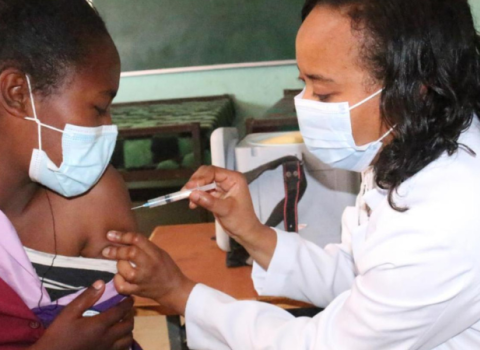
Picture courtesy US NSF
The researchers made use of the fact that when human stem cells are injected into rats they form a growth called teratoma. This growth is made up of a mixture of human tissue, such as cartilage, blood vessels, fat or connective tissue, in effect providing a human tissue environment in the rat.
The technique can be used to mimic the development of a cancerous growth in a rat as if it was developing in a human. Moreover, the blood supply to the tumor is supplied by both human and rat blood vessels. Thus, although the test is carried out in a rat it closely mimics human tumor growth, making the results are more reliable, the school said.
The researchers say the technique has further advantages: since the teratoma is made up of a mixture of human tissues, it is possible to test the effect of drugs across a range of tissue types. Another advantage is that it is possible to test for side effects on normal body tissue.
Karl Skorecki, director of the Rappaport Research Institute at the Technion’s Faculty of Medicine, conceived the idea, while Mati Zuckerman, who led the project in the Laboratory for Molecular Medicine, developed the system.





 A unique international forum for public research organisations and companies to connect their external engagement with strategic interests around their R&D system.
A unique international forum for public research organisations and companies to connect their external engagement with strategic interests around their R&D system.